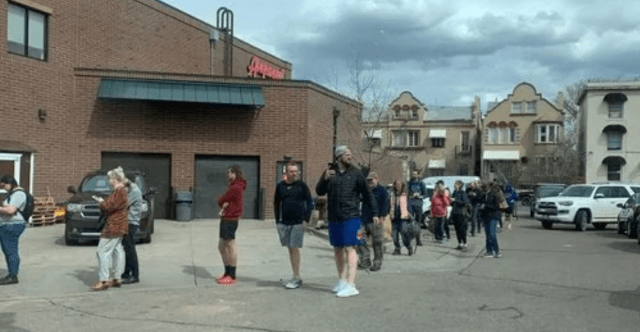
I remember when I first started learning that alcoholism was a disease. I learned about alcohol’s hijacking of the pleasure neurotransmitters. I learned how our subconscious minds develop an association between alcohol and survival. I learned about the progressive nature of the disease, and I learned about the link between addiction, and the depression and anxiety from which I suffered. I shared it all with my wife because I wanted her to learn about my affliction, too.
“Alcoholism is a disease, Sheri.” I explained while very early in sobriety. “All this neurological dysfunction and the changes in my behavior are the result of my addiction. We should stop blaming me for what happened to us, and start blaming the disease.” My wife replied, “If you want me to blame the disease, maybe you should stop acting like an asshole.”








